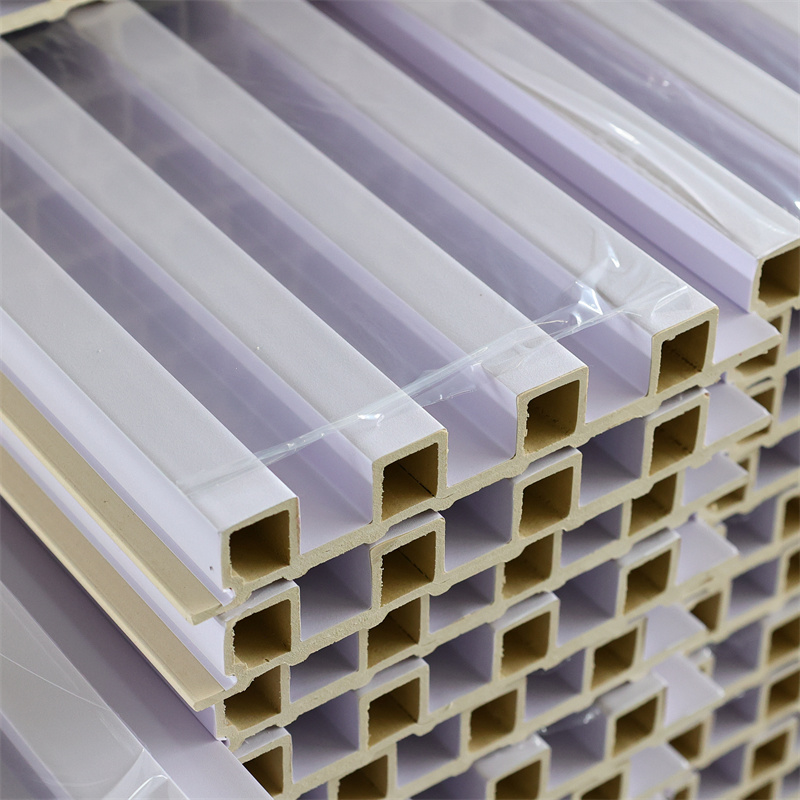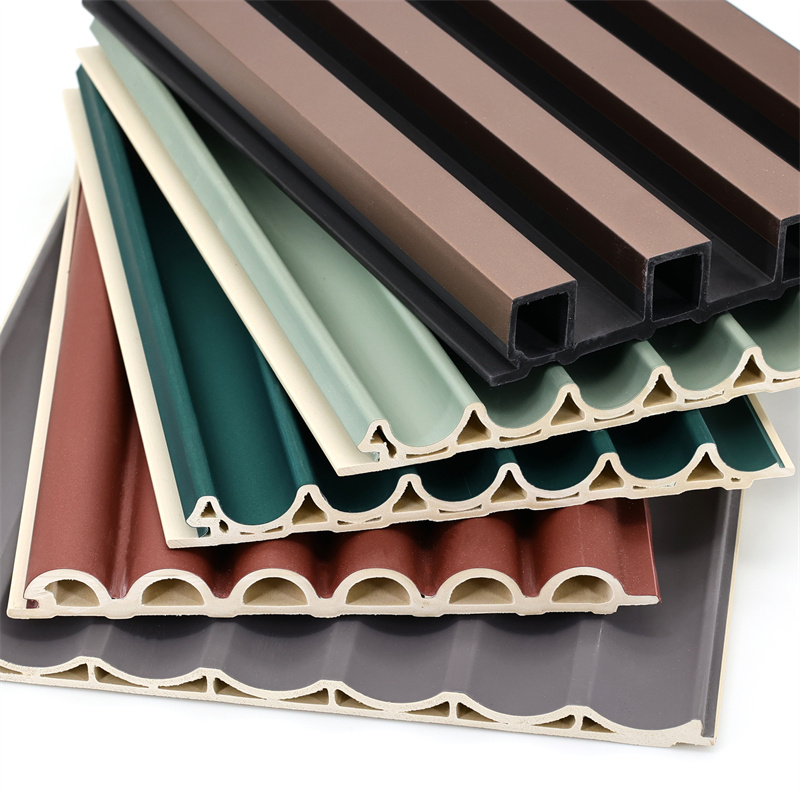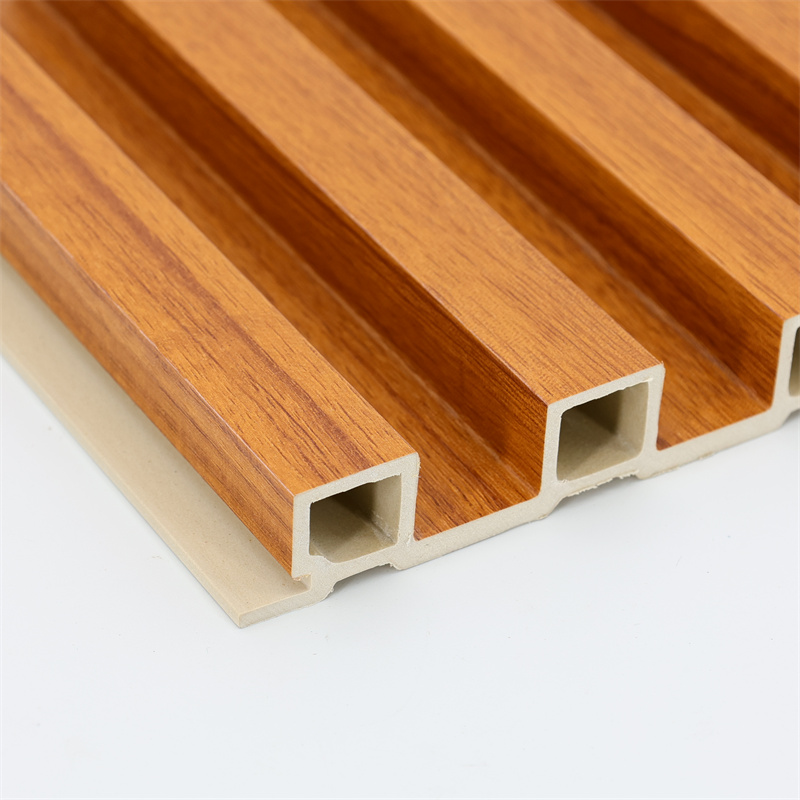
In today’s rapidly changing world, consumers and businesses are increasingly seeking sustainable and cost-effective solutions for their construction and interior design needs.
Wood-Plastic Composite (WPC) wall panels have emerged as a popular choice due to their versatile properties, eco-friendliness, and durability.
However, when considering long-term investments in home or commercial spaces, it is crucial to evaluate the value proposition of WPC wall panels beyond their initial purchase cost.
This essay delves into the long-term benefits of WPC wall panels, exploring their economic, environmental, and aesthetic advantages, while emphasizing their sustainable contribution to a greener future.
The Economic Advantages of WPC Wall Panels
1.1. Initial Cost vs. Long-Term Savings: While the upfront cost of WPC wall panels might be higher compared to traditional materials, it is essential to recognize the long-term savings they offer.
WPC panels are highly durable and require minimal maintenance, reducing the need for frequent repairs or replacements.
This characteristic translates to substantial cost savings over time, making them a sound investment for homeowners and businesses alike.
1.2. Energy Efficiency and Insulation: WPC wall panels contribute to enhanced energy efficiency, creating a thermally insulated barrier for buildings.
By maintaining stable indoor temperatures, they reduce the reliance on heating and cooling systems, thus lowering utility bills.
Over the years, this energy-saving attribute can significantly impact long-term expenses, adding value to the investment in WPC wall panels.

Environmental Sustainability of WPC Wall Panels
2.1. Renewable Materials: WPC wall panels are manufactured from a combination of wood fibers and recycled plastic,
making them an eco-friendly alternative to conventional wood panels. By utilizing recycled materials and reducing the demand for virgin resources,
WPC panels contribute to the conservation of natural forests and the preservation of biodiversity.
2.2. Reduced Environmental Impact: Unlike traditional wood panels that may contribute to deforestation and habitat destruction, WPC panels offer a more sustainable solution.
The recycling of plastic waste also helps in reducing the pollution caused by plastic disposal, contributing to a cleaner environment.
By choosing WPC wall panels, individuals and businesses actively participate in the fight against climate change.
Aesthetic and Functional Benefits of WPC Wall Panels
3.1. Design Versatility: WPC wall panels come in a wide range of colors, textures, and finishes, providing design flexibility for various interior and exterior applications.
Their adaptability allows them to seamlessly integrate into different architectural styles, making them an attractive option for modern and traditional spaces alike.
3.2. Low Maintenance and Longevity: WPC wall panels are resistant to rot, decay, and insect infestations, ensuring their longevity without the need for extensive maintenance.
Unlike wood panels that may require regular staining or sealing, WPC panels only need periodic cleaning to maintain their pristine appearance.
This ease of maintenance saves both time and money over the years, adding to their long-term value.

WPC Wall Panels as an Investment in a Sustainable Future
4.1. Contributing to LEED Certification: Leadership in Energy and Environmental Design (LEED) certification is highly sought after in sustainable building projects.
WPC wall panels’ eco-friendly attributes can contribute to earning LEED credits, reflecting a commitment to environmental responsibility and enhancing a building’s marketability.
4.2. Resale Value and Market Demand: As awareness of environmental issues grows, the demand for sustainable building materials like WPC wall panels is expected to increase.
Properties equipped with eco-friendly features often command higher resale values, making WPC panels a wise investment for property owners looking to capitalize on market trends.
Investing wisely involves considering not only the immediate costs but also the long-term benefits of a product. WPC wall panels offer numerous advantages,
making them a worthwhile investment for those seeking economic, environmental, and aesthetic benefits.
By understanding the long-term value of WPC wall panels, individuals and businesses can make informed decisions that contribute to a sustainable and greener future for generations to come.